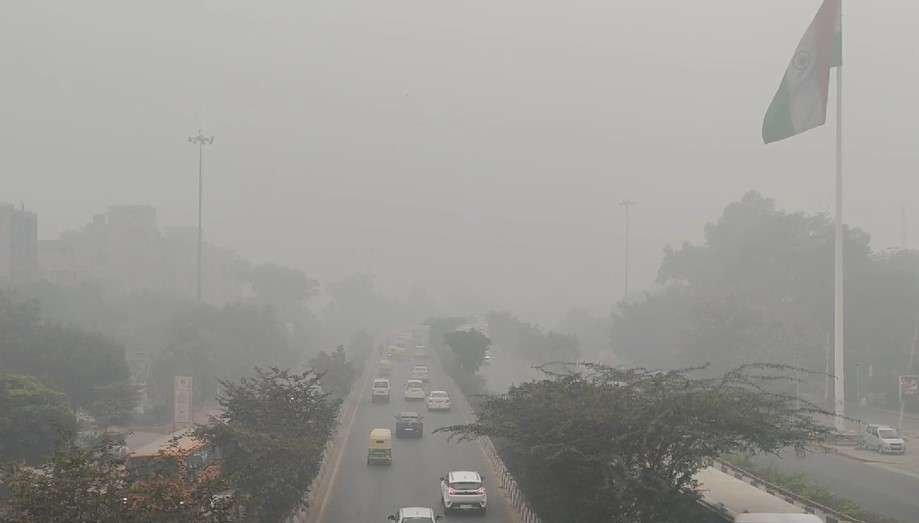On Monday, the Supreme Court said that a decrease in the Air Quality Index (AQI) is necessary before it considers easing Stage 4 of the Graded Response Action Plan (GRAP).
The court declined to ease the emergency measures under Stage 4, indicating that it will review all parties on December 5. According to the Delhi government, it’s unjust to conclude that the entire population of 1.5 crore is non-compliant based on just 2-3 incidents.
At the same time, while Delhi’s air quality still falls within the ‘poor’ range, it showed a minor enhancement on Monday. When Additional Solicitor General Aishwarya Bhati, representing the CAQM, requested relaxations, Justice Oka responded, “The AQI is unstable. It has risen. We will consider your proposals, but today we will not allow any relaxations.”
Pointing out that the GRAP-IV measures are significantly “disruptive,” ASG Bhati stated that the CAQM has offered suggestions for relaxations and urged the bench to take them into account.
When the bench asked for the view of Senior Advocate Aparajita Singh, the Amicus Curiae in the matter, she indicated that she would not have opposed the relaxations if the emergency measures had been executed properly in advance.
“On Thursday, December 5, we will assess the AQI levels to determine if there is a downward trend. Some relaxations have been recommended by the Commission in the report dated December 2, 2024. We will listen to the parties regarding those measures and issue suitable orders,” the bench noted in its ruling.
Nonetheless, Farasat argued that a few isolated incidents should not lead to the conclusion that the whole city, which has a population of 15 million, is disregarding the restrictions. The proceedings are currently taking place.








